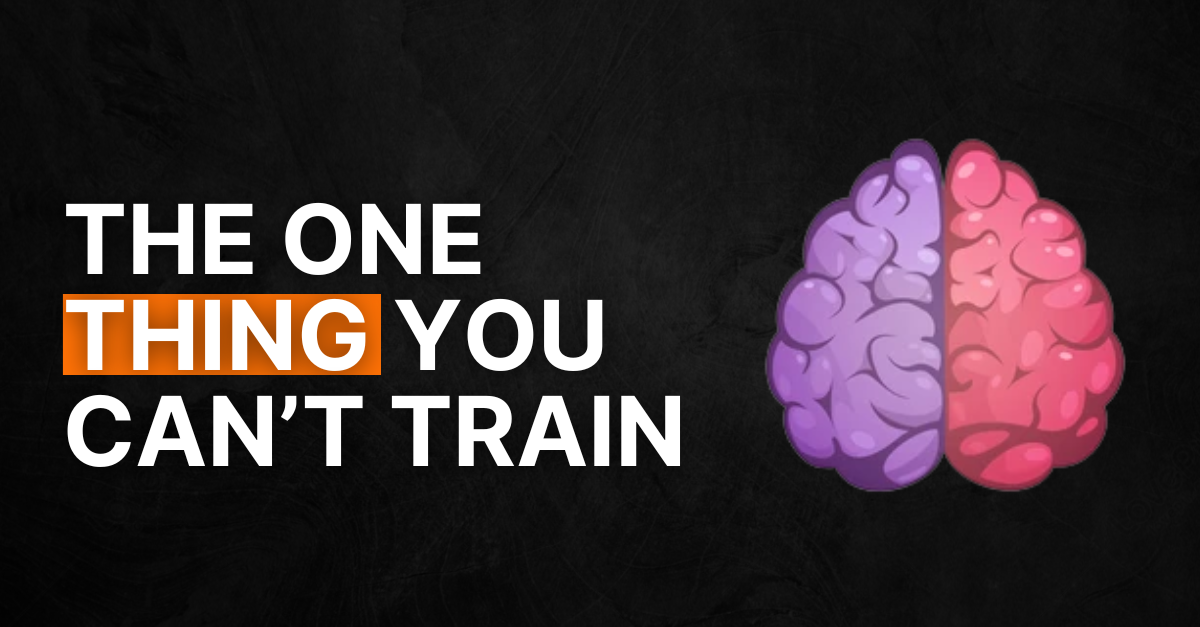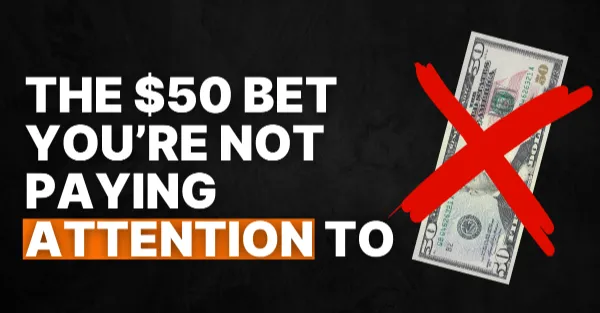I’m launching Menace. Not because iGaming needs another operator (it definitely doesn’t), but because after 17 years in this industry, I finally understood what we’ve been getting wrong.
This is my biggest project ever. Built with a team of 85+ across operator and media, we hit nearly 400 million monthly views on our content before we hard-launched the platform. But the interesting part isn’t the launch — it’s the five lessons that shaped every single decision we made. These lessons apply whether you’re launching an operator, entering new markets, or just wondering why your brand can’t reach anyone under 30.
The Migration No One Understood
Where did all the young players actually go?
The industry’s answer: “They chose Robinhood, crypto trading, memecoins.”
The logical conclusion: Better products, easier interfaces, more innovation. The response: Throw bigger bonuses at the problem, build slicker apps.
Here’s the reality: Robinhood’s UX is mediocre. Crypto is confusing as hell. Memecoins are pure degeneracy with zero utility. But billions in “speculation dollars” moved there anyway.
They didn’t leave for better utility. They left for better identity.
Eugene Wei nailed this with “status as a service.” The most successful consumer products aren’t utility businesses; they’re identity delivery mechanisms.
Crypto didn’t just offer trading — it offered membership in a movement. Memecoins didn’t provide value — they provided belonging.
Traditional gambling operators stayed transaction-focused: bonus-driven, anonymous, utility-first. Meanwhile, new speculation products went community-driven: identity-focused, tribal, social-first.
This wasn’t a product failure. It was a communication failure.
Marketing evolved from brand broadcasting → community building, and gambling missed the transition entirely.
People don’t buy products. They buy versions of themselves.
Why Attention Became Infrastructure
When everything commoditises, the only defensible advantage is owned attention.
Platform providers? Commodity. Payment rails? Solved. Licenses? Expensive but available. Games? Same studios for everyone. Result: a thousand operators with zero differentiation.
The old formula: Build product → Buy traffic → Acquire players at $X CAC → Pray for retention. You’re renting attention forever.
Try buying 400 million monthly impressions. Now compare that to earning them.
We inverted the formula at Menace:
- Six months building media across MMA, boxing, football, darts, padel, NFL
- 30M → 400M organic monthly views
- 2.5M followers before the platform launched
Competitors can copy your platform in three months. They cannot copy 400M monthly views.
Attention is infrastructure. Not marketing.
Reframing the Category
Gambling isn’t gambling. It’s speculative entertainment wrapped in identity.
Crypto proved it. People want:
- speculation
- belonging
- identity
- movement
Casino and sports betting trigger emotions nothing else can. But operators sell it wrong. Stop selling “great odds.” Start building “movements worth joining.”
At Menace we applied this ruthlessly:
Positioning
Not “bet with us,” but “be a menace.” Membership language > transaction language.
Tone
Chaos. Masculinity. Competition. We speak how players talk — not like corporate gambling departments.
Community Structure
Menace Partners isn’t an affiliate program. It’s co-ownership of the movement.
Why Most Affiliate Programs Are Broken
As an investor in Already Media and others, I’ve seen exactly how operators fail affiliates.
Typical operator playbook:
- extract maximum value
- pay minimum rates
- change terms unilaterally
- ghost affiliates when convenient
Affiliates are not traffic sources. They’re:
- brand ambassadors
- validators
- distribution network
Treat them like vendors → they act like vendors: transactional, mercenary, disloyal.
What I’ve seen repeatedly:
- They pay late or not at all. Fastest way to destroy trust.
- They offer garbage terms. Top affiliates won’t touch insulting rev share structures.
- They change rules mid-game. “Your traffic is low quality now.” “The deal has changed.”
- They treat affiliates as interchangeable. Different audiences, different strengths — not replaceable cogs.
Menace Partners flips this:
- Transparent economics: Clear terms. Competitive rates. No traps.
- Shared upside: Co-ownership mentality → not vendor mentality.
- Creative freedom: Build your sub-brand inside our ecosystem.
- Real partnership: Fast payments. Direct communication. Long-term thinking.
This is the biggest project I’ve ever founded — not because of scale, but because it forces a truth:
We’re not in the gambling business. We’re in the identity business that uses gambling as the mechanic.
Whether you’re launching an operator, entering new markets, or struggling with rising acquisition costs, these five lessons apply.



